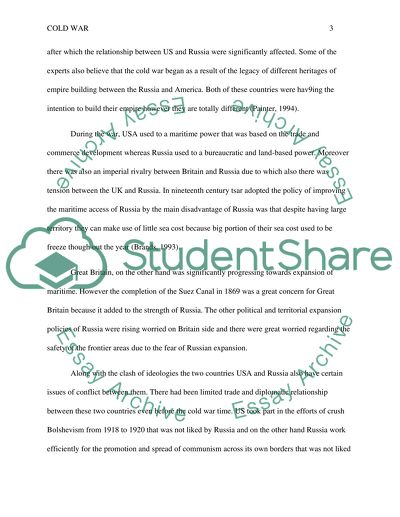Cite this document
(“The Cold War--The Real Intentions of the Superpowers Term Paper”, n.d.)
Retrieved from https://studentshare.org/history/1441113-the-cold-war
Retrieved from https://studentshare.org/history/1441113-the-cold-war
(The Cold War--The Real Intentions of the Superpowers Term Paper)
https://studentshare.org/history/1441113-the-cold-war.
https://studentshare.org/history/1441113-the-cold-war.
“The Cold War--The Real Intentions of the Superpowers Term Paper”, n.d. https://studentshare.org/history/1441113-the-cold-war.


